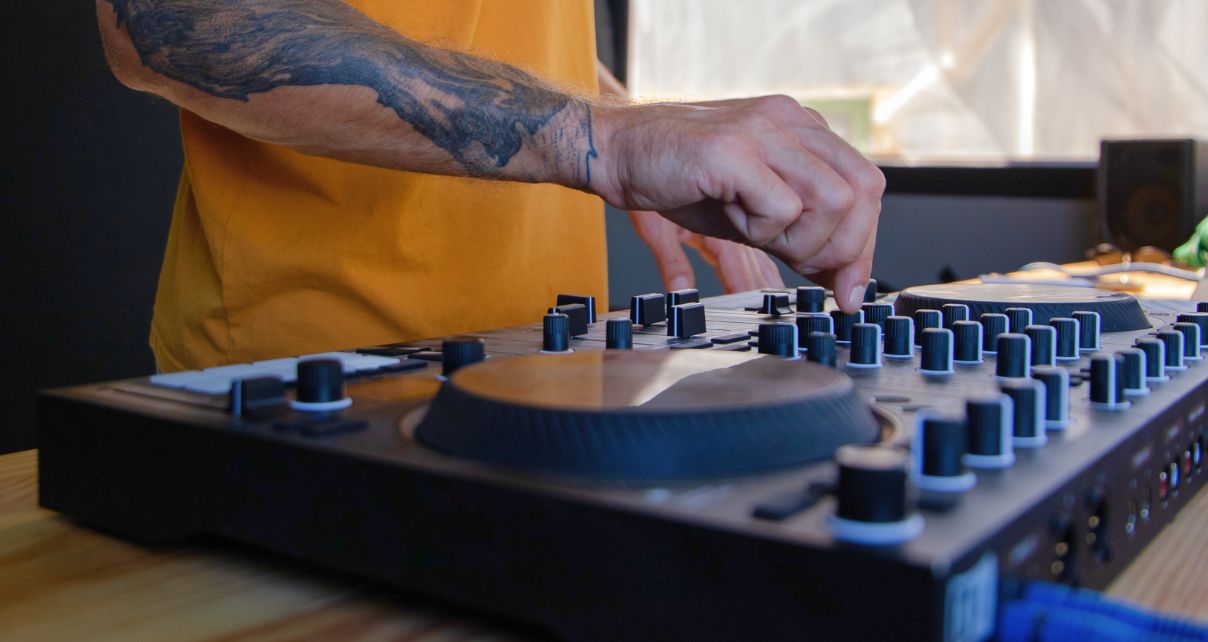Get the free download: Party Planning Worksheet
Learning new DJ techniques, building a great music collection, becoming competent with DJ gear… they’re all important things when you want to succeed as a DJ.
But nothing beats actually playing regularly in front of real people… and the BEST way to get regular gigs is to throw your own parties.
Watch the show
Prefer me to talk you through this? In this video, a recording of a live show from the Digital DJ Tips YouTube channel, I talk you through how to throw your first party, and we take questions from our community too on the subject.
At the start of my career, I threw parties with my friends. Through running those parties over a number of years, I ended up booking many big-name DJs, one of whom also promoted huge parties at Privilege in Ibiza, the biggest nightclub in the world.
That’s how I ended up playing the main room at Privilege on more than one occasion, in front of many thousands of people. Those nights remain some of the biggest highlights of my professional DJing career.
Learn to DJ with Digital DJ Tips: The Complete DJ Course
Now, my friends and I weren’t producers, or well connected, or from privileged backgrounds – we just put ourselves out there throwing our own parties, did the work, and stuck at it. Promoting our own events proved for us to be the single best way to improve our DJing, build great DJ careers, and have the time of our lives.
In this article, I’ll take you through the five steps to making a success of your very first party. I’ll also give you loads of tips, things I figured out from years of promoting club nights and parties, big and small.
Whether you just want to throw one party for fun, or you fancy yourself as a DJ/promoter, this guide will help.
Download the checklist
There are an awful lot of “moving parts” involved in promoting your own party, so I’ve prepared a special free checklist for you, so you don’t forget anything.
Click here to download your free party planning checklist.
(I suggest you also print it out a few times so you have a copy for each party you want to promote, or to fill in over again as your party plans develop.)



















